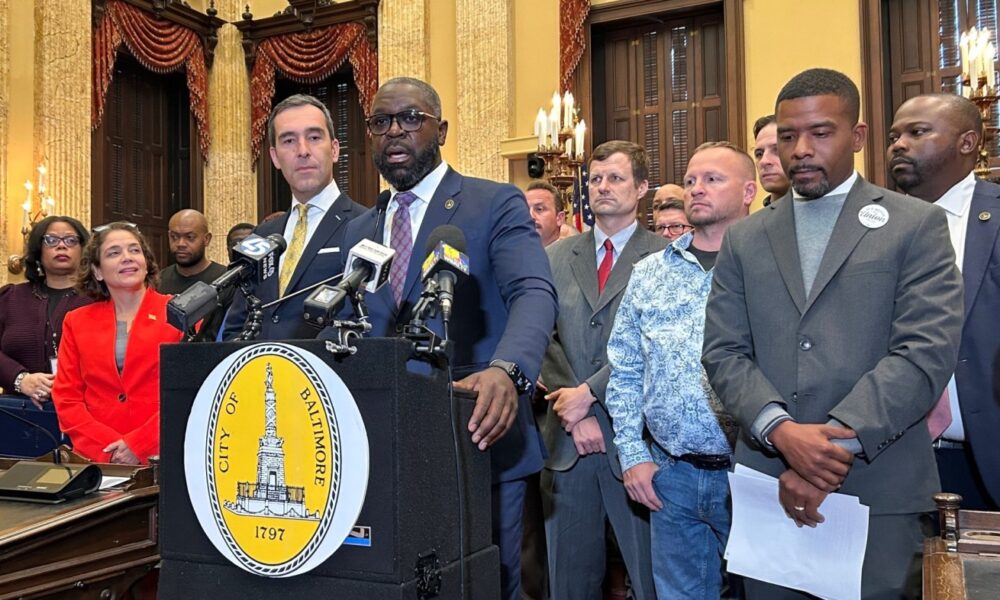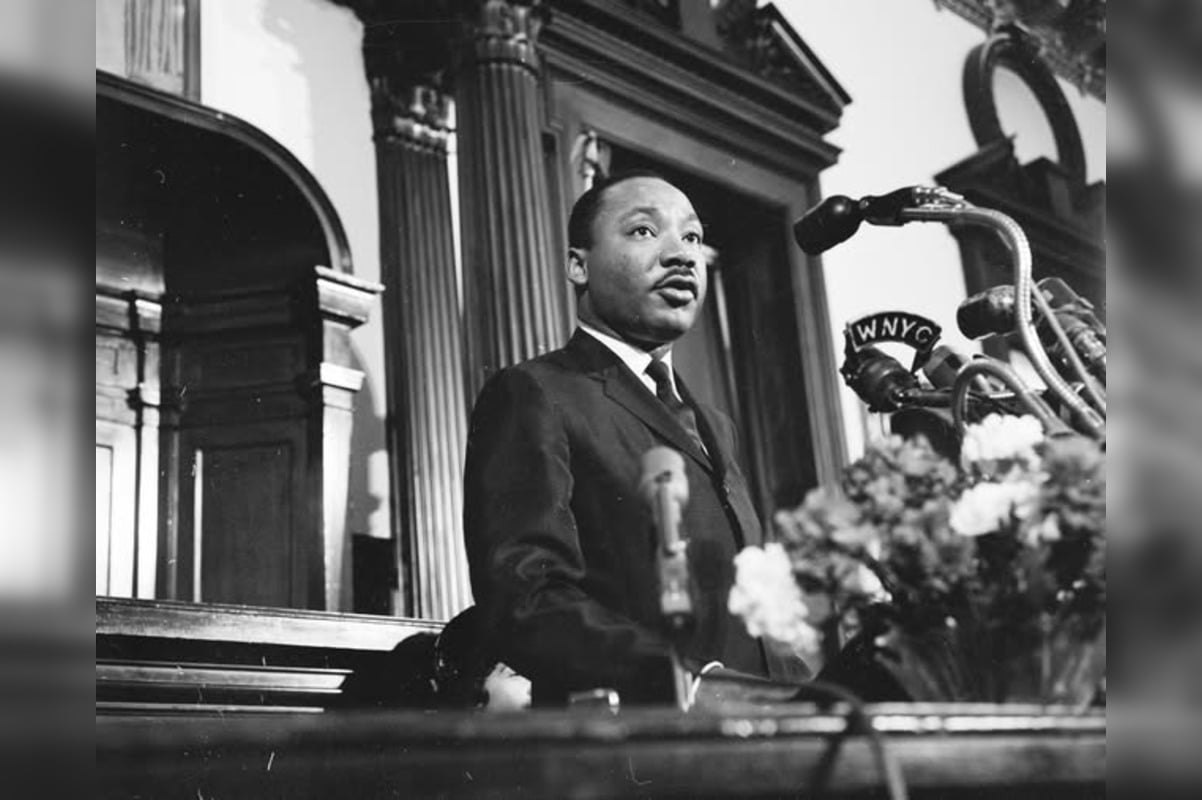Baltimore City leaders launched a significant legislative initiative aimed at enhancing workers’ rights during a news conference at City Hall on Monday morning. City Council President Zeke Cohen described the event as a “statement of values” by the council, emphasizing a commitment to support public sector unions and their employees. Over the coming months, the council plans to introduce a series of bills focusing on essential worker protections, including fair wages, workplace safety, and work-life balance.
Cohen asserted that “Baltimoreans deserve to know that their wages will not be stolen, that they will be paid on time, and that we will go after the bad actors that take advantage of vulnerable people.” In a formal resolution set to be introduced during the council’s evening meeting, the legislation will outline seven key rights for workers in Baltimore, which will serve as the foundation for the upcoming bills.
These rights include:
– Safe working conditions
– Fair and livable wages
– The ability to collectively bargain without fear of retaliation
– Privacy and dignity in the face of advancements in AI technology
– Access to public education and career training
– Family life and work-life balance
– The free exercise of democratic voices through voting and civic participation
The announcement comes as the city’s fire and police unions are actively negotiating new contracts. Leaders from the fire unions expressed cautious optimism about the council’s efforts but voiced frustration over delays in the bargaining process. Joshua Fannon, president of the International Association of Fire Fighters Local 964, highlighted concerns about the council’s attention to wage issues, noting that the Baltimore City Wage Commission reported 198 “late payroll violations” in fiscal 2024.
Fannon called for the council to establish a law ensuring timely wage payments and suggested that penalties should be imposed on the city for delays. “Not long after I became the Local [964] president, I was flooded with a deluge of complaints where people were not being paid all their money, and that was a saga that went on for years,” he stated.
Another union leader, Matthew Coster, president of Baltimore Fire Fighters Local 734, criticized the city’s legal expenses related to labor relations, which have exceeded $1.56 million so far in 2025. Coster expressed concern that the city’s legal counsel, Nelson Mullins Riley & Scarborough LLP, is prolonging negotiations to inflate costs. He remarked, “The attorney for the city is just dragging things out to bill the city an enormous amount of money to justify them being there, and for us that’s frustrating.”
When asked if the high legal fees are justified in light of the city’s labor agenda, Cohen emphasized the importance of supporting public safety workers. “We have got to pay a great wage. We have got to support people’s benefits,” he said.
The political implications of the council’s resolution were also apparent, particularly in the context of recent federal policies. Leaders from Baltimore’s labor community criticized President Donald Trump for actions that they believe undermine union protections. In March, Trump signed an executive order affecting over one million federal workers, and he expanded that order in August.
Courtney Jenkins, president of the Metro Baltimore AFL-CIO, characterized Baltimore as a “union town” and viewed the resolution as a crucial step toward “Trump-proofing” the city. “Baltimore is Trump-proofing itself, showing that no matter what happens in Washington, D.C., our city will protect its workers,” Jenkins stated, adding that thriving workers contribute to safer neighborhoods, stronger families, and a more robust local economy.
Similarly, Antoinette Ryan-Johnson, president of American Federation of Teachers Local 800, highlighted the challenges unions face in the current legal landscape, which often favors employers. She declared that the Trump administration represents “enemies of democracy” and vowed to defend workers’ rights in Baltimore. “Not in our Baltimore,” Ryan-Johnson asserted, prompting applause from attendees.
During the news conference, Jermaine Jones, the chair of the council’s Labor & Workforce Committee, stressed the role of union jobs in reducing crime rates. He noted that the city has experienced significant declines in homicides and non-fatal shootings in recent years. “If you want to lower crime, you give someone a job,” Jones stated. “Crime is a byproduct of people not having good wages, opportunities, or benefits.”
Council members Zac Blanchard, Ryan Dorsey, Paris Gray, Mark Parker, and Odette Ramos attended the news conference but did not address the media.
The Baltimore City Council’s upcoming labor agenda represents a pivotal moment for workers in the city, with potential implications for both local governance and broader labor relations across the country.







